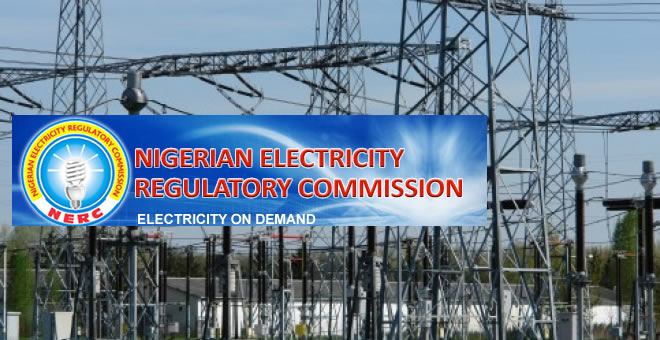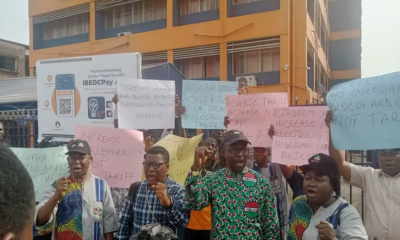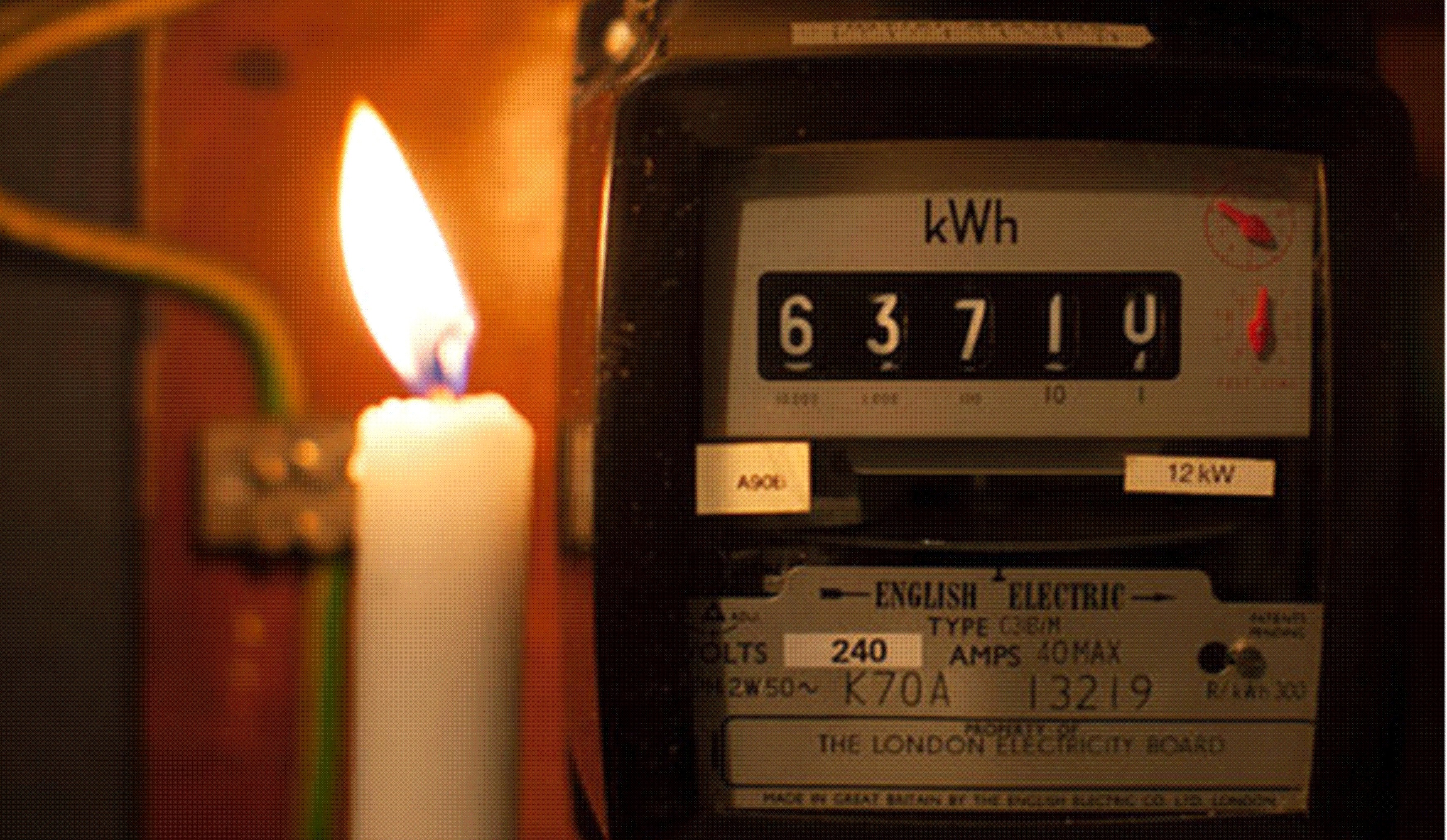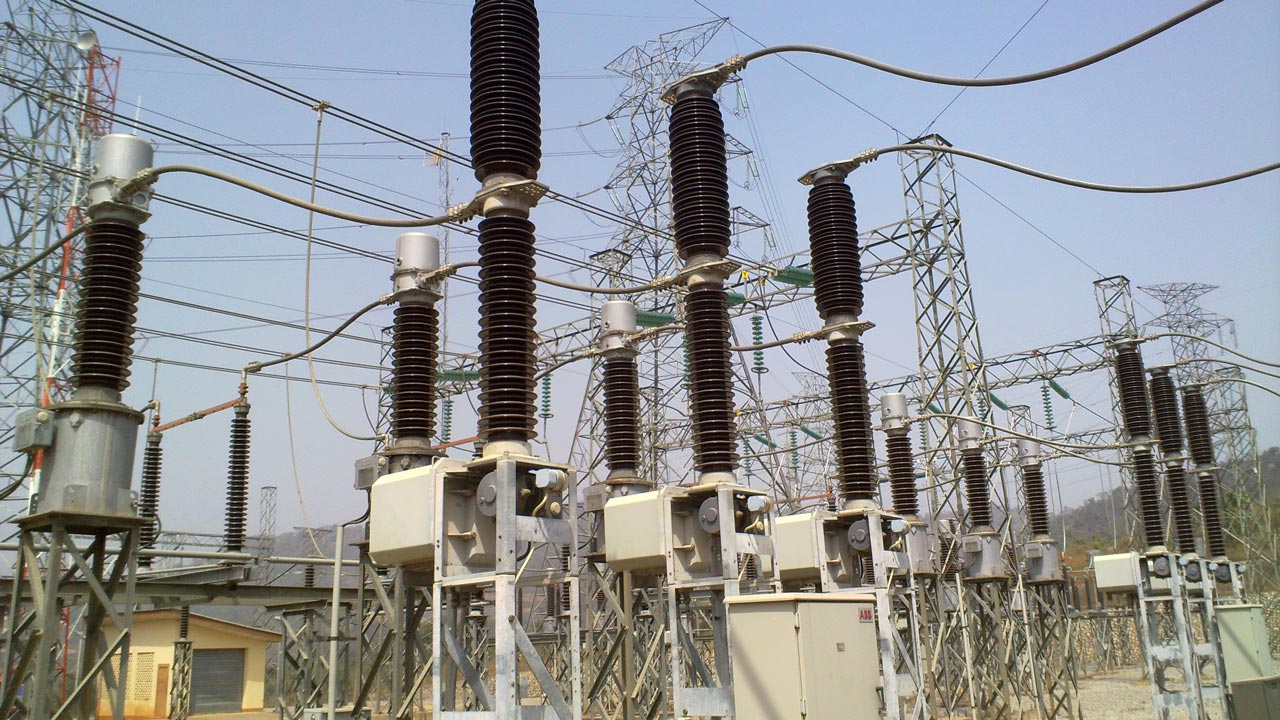The Nigerian Electricity Regulatory Commission (NERC), says stakeholders in the electricity industry in Nigeria are planning to introduce another tariff hike despite the rejection of the previous one.
This was made known after the Nigerian Electricity Regulatory Commission received a new request from the Power Distribution Companies (DisCos) and the Transmission Company of Nigeria Plc (TCN) to review their tariffs.
It was reported that the DisCos and TCN are eager for an upward review of tariff in order to reflect their expenses and recuperate their spending. The upward review is expected to increase the cost of power supply in Nigeria.
The review would consider the macroeconomic factors that have impacted the operational budget of the electricity companies, in order to “ensure that the utilities recover their full efficient costs with reasonable return on the assets invested in the business.”
The DisCos and TCN have been trying to increase the cost of power supply after campaigning for new electricity tariffs, which were issued on December 31, 2019, but expected to be effective from April 1, 2020. The House of Representatives, however, asked that the tariff review should be suspended after public outcry.
The 2019 request for an increase in price was a follow-up to the charges set in 2015. The tariff increase was expected to cater for revenue shortfalls in the sector.
ALSO READ: New policy to limit Nigerians to three SIM cards
The renewed call for the tariff review shows the distribution companies and other stakeholders are relentless to ensure the cost of operation is passed unto or shared with Nigerians and other electricity consumers.
Recall that in January 2020, that the Federal Government was working with all relevant stakeholders in the electricity sector to establish an equitable rate from the perspective of both consumers and investors.
Despite the privatisation of the power sector in 2013, which saw the division of the power sector into three arms; six generation companies, twelve distribution companies, and a national power transmission company, the power supply has still been poor and not stable as it was expected prior to the privatisation.
So, the impact has really not been felt, that’s why about $12 billion is spent annually by businesses and individuals on generators.
In its ‘January 2020 Business Expectations Survey Report’, the Central Bank of Nigeria (CBN) revealed some of the major constraints for businesses in Nigeria, insufficient power supply was mentioned. So, why are Nigerians being tax more.

 Comments and Issues2 days ago
Comments and Issues2 days ago
 Business6 days ago
Business6 days ago
 Business1 week ago
Business1 week ago
 Business1 week ago
Business1 week ago
 Business5 days ago
Business5 days ago
 Comments and Issues5 days ago
Comments and Issues5 days ago
 Education7 days ago
Education7 days ago
 News6 days ago
News6 days ago












